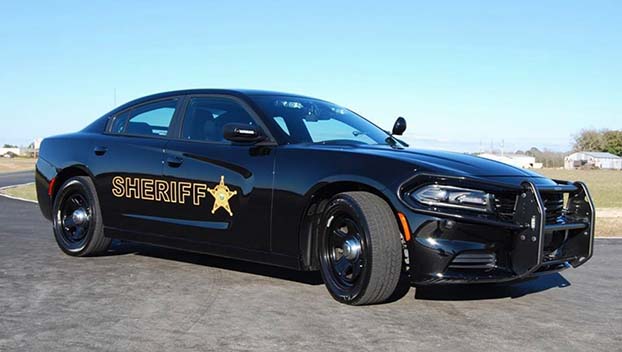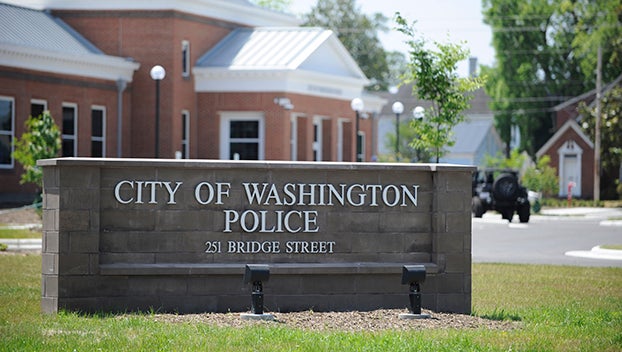Herbert Covington Bonner: Serving his country on and off the battlefield
Published 8:00 am Wednesday, November 27, 2024

- Portrait of Herbert C. Bonner.
|
Getting your Trinity Audio player ready...
|
Editors Note: This article is part of a series featuring veterans of American Wars.
The son of Macon and Hannah Bonner, Herbert Covington Bonner, was born in Washington on May 16, 1891. Bonner attended the Graham School in Warrenton from 1906 through 1909. Upon graduation, he became a snuff salesman. In 1918, Bonner and his brother, James, the great-grandsons of Col. Richard H. Bonner of the Beaufort County Militia, answered the call to service and entered the Army. “On May 18, 1918, the Bonner brothers, along with one hundred other men from Washington and the surrounding area, left North Carolina on their way to France,” said Stephen Farrell, curator of special collections at the Brown Library. “The names Bonner, Fowle, Respess, among many others, have continually come up over the centuries, having served in the Revolutionary War, the War of 1812, the Civil War, the Spanish-American War, WWI, WWII, etc..”
Bonner was assigned to Company I of the 323rd infantry regiment that was part of the 81st division nicknamed the Wildcats, which was made up primarily of North Carolinians. He later was transferred to the 82nd Airborne Division. “Once he arrived in France, Bonner began officer training,” said Farrell. “Upon completing his training, he was commissioned and returned to the firing line. Little is known about how much combat that he saw.”
Bonner’s service to his country was far from over after the war. From 1924 until 1940, he served as Representative Lindsay C. Warren’s secretary. In 1940, Warren became comptroller-general of the United States, at which time Bonner decided to run for Warren’s vacant seat. Bonner, a Democrat, was elected to represent the First District in North Carolina and did so for the next 25 years. “Before Bonner was a U.S. Congressman, he was a soldier,” said Farrell. “ I have to believe that experiencing the unexpected and the abyss of Western Europe during World War I, shaped and influenced his love and servitude towards his country, which helped to launch his political career.”
Bonner represented 14 northeastern counties in North Carolina. He was always seeking federal funding for jobs in his district. He also chaired the Committee on Election of President, Vice President, and Representatives in Congress, and the Committee on Merchant Marine and Fisheries. He was a staunch supporter of the Cape Hatteras National Seashore program. The old Bonner Bridge, which crossed the Oregon Inlet on the Outer Banks, was named after him. “Closer to home, he also volunteered his time in the American Legion, becoming district commander in 1940,” said Farrell. “He was always a proponent of veterans groups and sponsored the donation of American flags to various schools in Beaufort County.”




